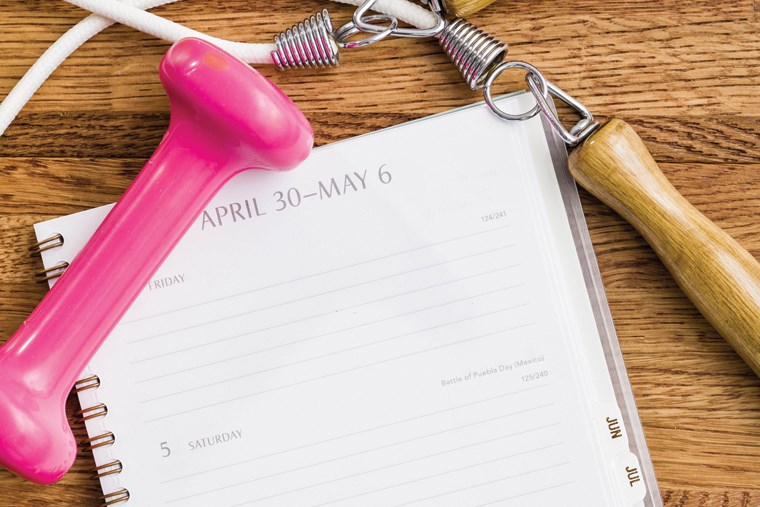Proper planning can make each day go more smoothly. A well-planned day can leave a greater amount of time for work and play, and that can help people avoid the stress they may experience upon falling behind at work or if they can’t find time to blow off steam away from the job.
Planning may not come naturally to everyone. Those who want to become better planners can heed the following tips.
• Write things down as they happen. Write down everything you do each day and what time you do them, making sure to note how much time each activity takes. This can give you a picture of what your average day is like and whether or not you’re wasting time throughout the day — and just how much you’re wasting. Write things down for a few weeks so you get the most complete and accurate picture of your typical day.
• Write things down before they happen. Once you get in the habit of putting things on paper, you can then start to write items down before they happen. Make an effort to plan one day in advance and then gradually add more days. Use a planner or the calendar app on your smartphone. Determine how much time each event, such as a work meeting, trip to the grocery store or a workout at the gym, should take, and then allot the appropriate amount of time in your schedule. Leave some time between tasks for unexpected delays, and stick to your schedule as closely as possible.
• Stop procrastinating. Procrastination is the enemy of planning. Procrastinating has a domino effect that will affect the rest of your day, and maybe even the rest of your week or month. If you typically procrastinate, make a concerted effort to change your ways. It might take some trial and error for those accustomed to pushing tasks off to kick their habits, but other planning skills can help you overcome your procrastination. For example, if you’re prone to putting work projects off until the last minute, schedule some time each day to work on various projects so you can get each of them done on time. This can alleviate the stress associated with rushing to meet a deadline and can provide a sense of accomplishment at the end of each day.
• Learn to anticipate what’s coming. Rather than taking a reactive approach, try to be proactive. When working on a project at work, imagine all likely scenarios once the project is completed. Devise a way to respond to each scenario. Doing so can make it easier to address issues as they arise. Prompt and effective responses to problems ensure time isn’t wasted and that your existing schedule won’t be turned on its head by unforeseen, unanticipated circumstances.
Fine-tuned planning skills can help busy women be more productive at work and at home.
Women in Business is brought to you by Great West Media and in part by the Sponsors on this page.



